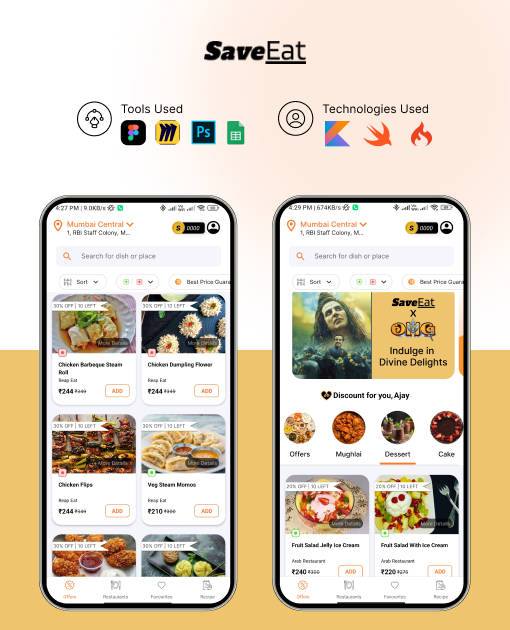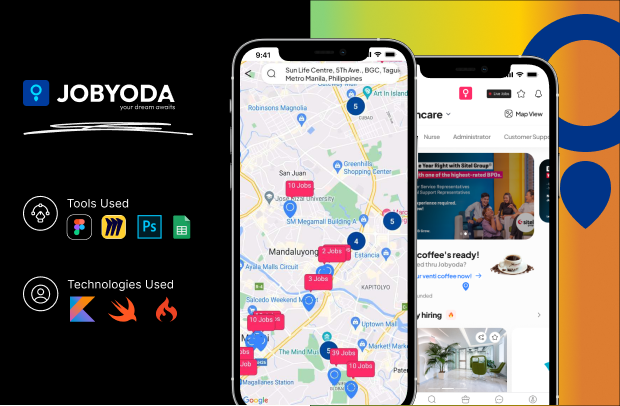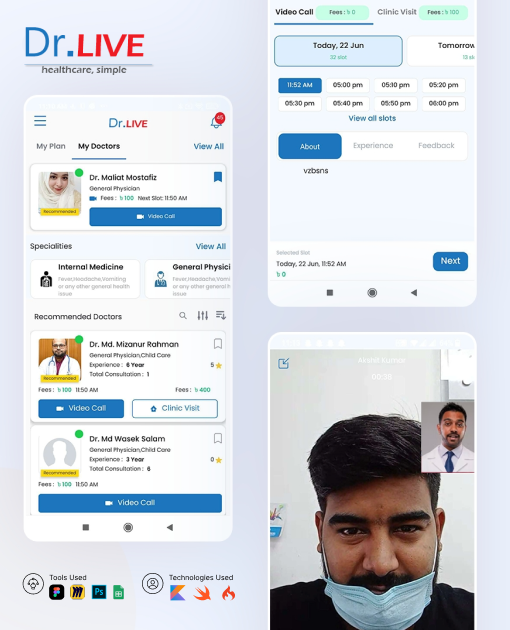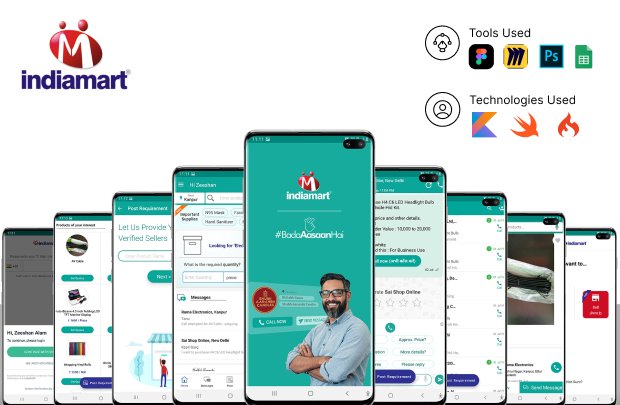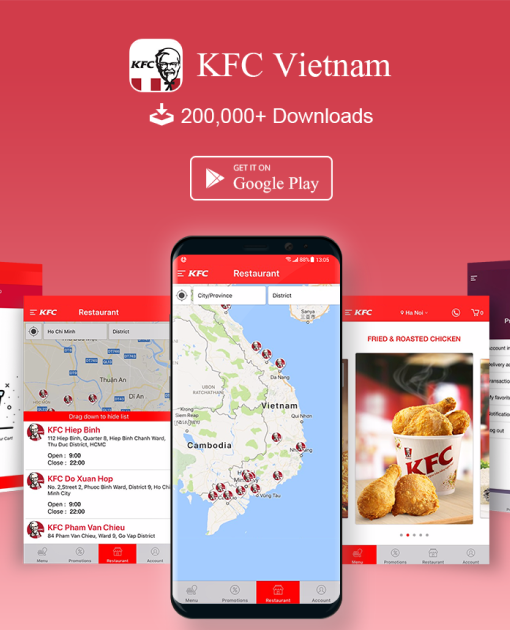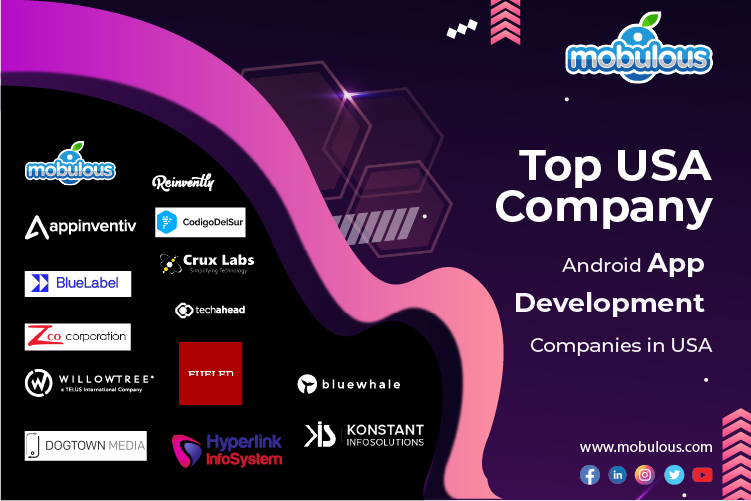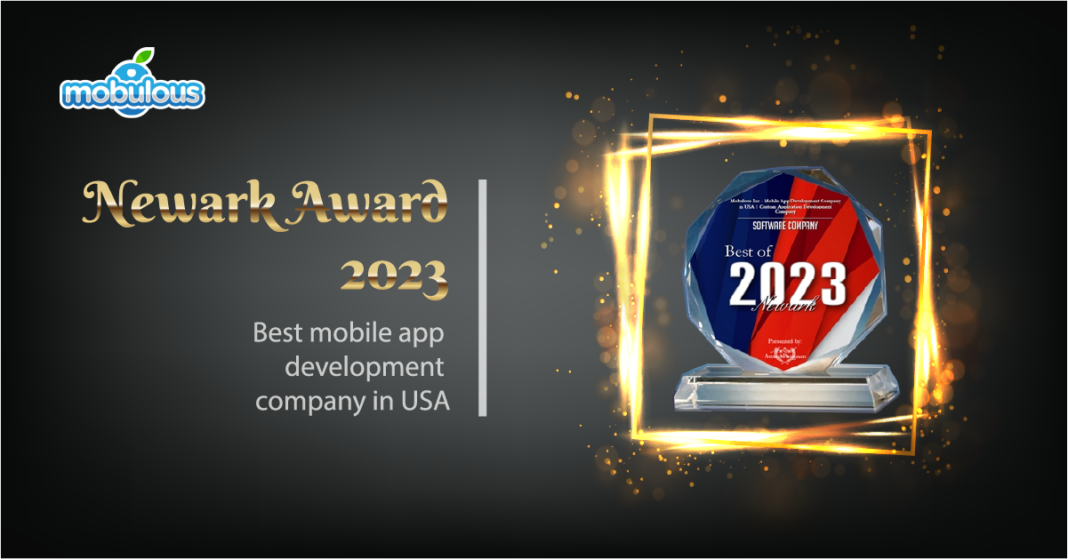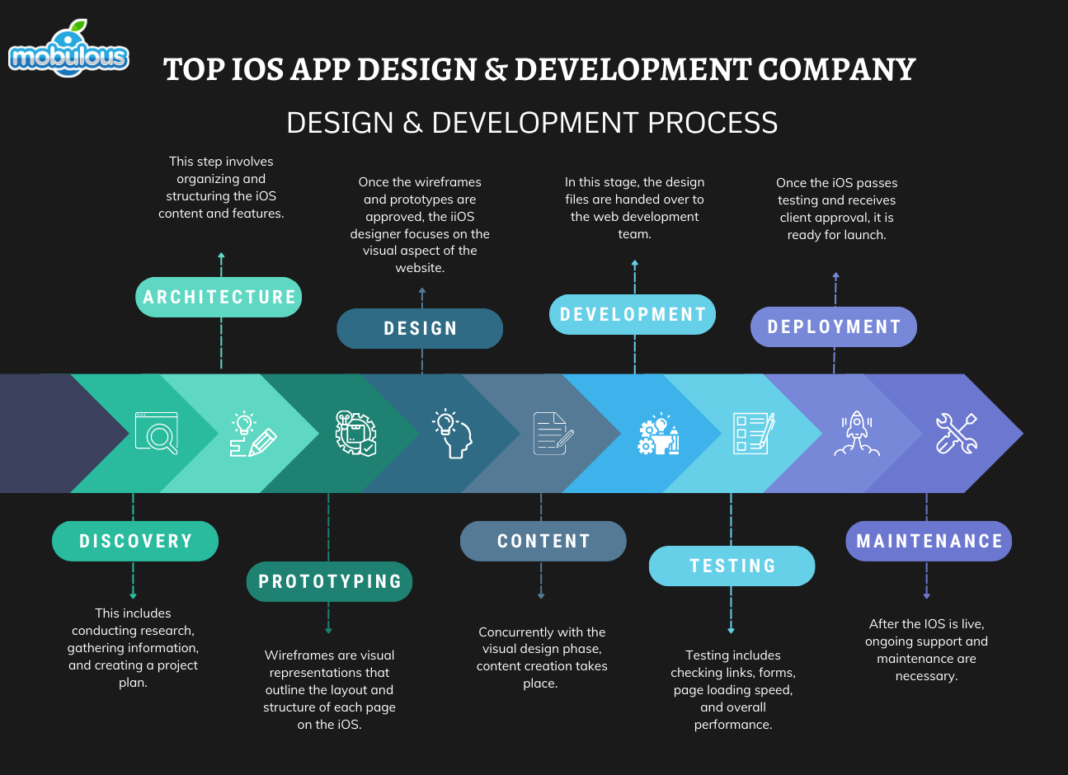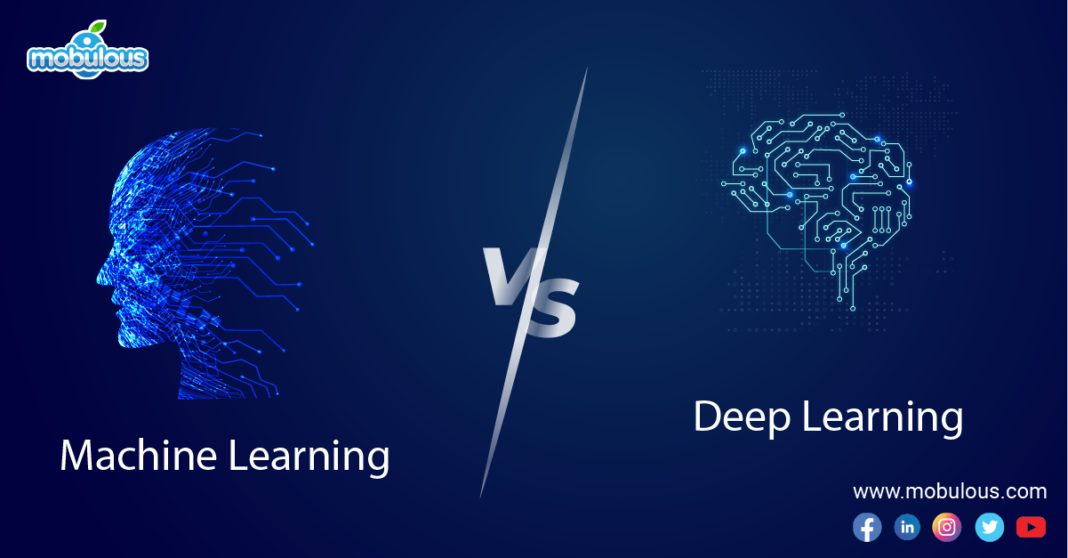What is a Shopify App?
A Shopify application is a program designed to add functionality to an online Shopify e-commerce store. Such powerful applications will be seamlessly incorporated into the Shopify platform, providing additional functionalities and tools that will refresh store management, and business operations, and improve customers' experiences in the end.
Shopify apps can be public, custom-built for diverse business necessities, or available in the Shopify App Store for all merchants. They range from simple plugins to intricate solutions, addressing diverse prospects of e-commerce such as inventory management, customer service, marketing, and analytics.
Benefits of Shopify App Development
Shopify application development provides several benefits to businesses as well as developers. Here are one by one the most important benefits of Shopify app development:
1. Expanded Functionality
Shopify apps enable merchants to add features and functionality that may not have been on the core product, thereby enabling businesses to adapt their stores to whatever requirements are needed for improvement in customer experience and ease.
Flexibility in app development will make it possible for merchants to compete in the constantly emerging e-commerce space.
2. Access to a Large Market
Shopify application development opens up a substantial and increasing market of more than 1.7 million merchants at the global level.
This gives developers an opportunity to reach a global customer base. The Shopify App Store acts as a marketplace through which applications can become discoverable and draw users in conveniently.
3. Recurring Revenue Model
Many Shopify apps operate under a subscription-based business model. This provides developers with an ongoing flow of recurrent revenue.
This business model, therefore, is stable financially. It has also the potential for long-term expansion. Because the user base expands, so does recurring revenue. It is a scalable and sustainable business model.
4. Integration with Shopify’s Ecosystem
Shopify apps can utilize the very robust API and development tools that provide excellent integration. It allows developers to focus on unique features while letting Shopify's infrastructure handle the core e-commerce functionalities.
Tight integration means the experience will be a seamless one for merchants and their customers.
5. Rapid Development and Deployment
The Shopify app development framework gives a structured environment that speeds up the development process.
With pre-built components and thorough documentation, it allows developers to rapidly build and launch applications, thus improving time-to-market speed as well as responsive feedback to the needs of merchants.
6. Continuous Improvement Opportunities
Shopify possesses an environmentally friendly facility for continually updating and perfecting applications. Shopify developers can request their users leave feedback, examine usage statistics, and improve accordingly in order to keep their applications updated and current.
This loop results in better products and increased user satisfaction over time.
7. Support From Shopify
Shopify provides extensive documentation, community support for app developers, and development resources.
This support system helps developers overcome challenges, optimize their apps, and stay updated on platform changes. Shopify’s commitment to its developer community fosters innovation and growth within the ecosystem.
How to Develop a Shopify App?
Developing a Shopify app simply involves multiple key steps in order to ensure a successful and functional application. Let’s understand how you can create your own Shopify app:
1. Identify a Need or Problem
Begin by researching the Shopify ecosystem to identify gaps or problems that merchants face.
Analyze existing apps, read merchant forums, and conduct surveys to understand pain points. This research will help in conceptualizing an app that addresses real needs and has market potential.
2. Plan Your App's Features and Functionality
Outline the core features and functionality of your app based on the identified need. Create user stories, wireframes, and a detailed project scope.
Consider how the app will integrate with Shopify's platform and what data it will need to access or modify.
3. Set Up Your Development Environment
Register as a Shopify Partner and create a development store. Install necessary development tools and frameworks.
Familiarize yourself with Shopify's API documentation and development guidelines. Choose appropriate programming languages and technologies for your app's backend and frontend.
4. Develop the App's Core Functionality
Start coding the main features of your app. Implement the backend logic, create the frontend interface, and ensure proper integration with Shopify's API.
Follow Shopify's best practices for app development and security. Regularly test your app's functionality in your development store.
5. Implement Authentication and Data Handling
Set up OAuth authentication to securely connect your app with Shopify stores.
Implement proper data handling and storage mechanisms, ensuring compliance with Shopify's data protection policies. Test the app's ability to read and write data to Shopify stores securely.
6. Test and Debug Your App
Conduct thorough testing of your app, including unit tests, integration tests, and user acceptance testing.
Debug any issues that arise during testing. Ensure your app works correctly across different Shopify store types and themes. Test for performance, security, and scalability.
How to Integrate the Shopify App With Your Store?
Integrating a Shopify application with your store is an essential step in enriching your e-commerce capabilities. Let’s now learn how to effectively integrate a Shopify application. The steps to integrate the Shopify app with your store are mentioned below comprehensively:
1. Select the Right App
Select an app that aligns with your store’s necessities from the Shopify App Store. Read their reviews, compare their features, and consider their pricing.
Ensure the app is compatible with your store’s theme and other installed apps and contact the app developer if you have specific questions or requirements.
2. Install the App
Navigate to the selected app’s page in the Shopify App Store and click “Add app.” Follow the installation prompts, which generally involve granting necessary permissions.
Some apps may need additional setup steps or configuration after installation and review and accept the terms of service carefully.
3. Configure App Settings
Access the app’s settings page in your Shopify admin panel and customize the app’s configuration in order to match your store’s necessities.
This quill surrey includes setting up preferences, connecting to external services, or importing data. Follow the application’s documentation for optimal setup.
4. Test the Integration
Test the app’s functionality thoroughly and seamlessly in your store’s environment. Verify that it works correctly with your theme and doesn’t conflict with other applications.
Test crucial features such as inventory updates, checkout processes, or customer communications. Use the app’s test mode if available.
5. Monitor and Optimize
Review the app’s performance and impact on your store regularly and monitor key metrics relevant to the app’s purpose.
Stay updated with app updates and new features. Optimize the app’s settings depending on your client’s changing necessities and customer feedback in order to maximize its advantages.
Right Technology Stack For Shopify App Development
1. Backend Development
The backend is responsible for handling business logic, data storage, and communication with Shopify APIs.
The most popular back-end programming languages for Shopify app development are:
- Node.js: Node.js is ideal for building scalable and real-time apps and it has a large ecosystem of libraries and packages, making development faster.
- Ruby on Rails: Shopify itself is built on Ruby on Rails, so it integrates well with the platform. It's known for rapid development and is often used for building Shopify apps.
- Python: Python is widely used for its readability and robust libraries and can also be used to build Shopify apps.
- PHP: PHP is suitable for developers who prefer a traditional web development language, especially if the app requires extensive server-side logic.
Frameworks help streamline back-end development. Some of the most advanced back-end frameworks are:
- Express.js (Node.js framework): Express.js is a Node.js framework and is considered lightweight and fast, ideal for building RESTful APIs.
- Django (Python framework): Django offers built-in tools for database management and security, making it easier to build robust apps.
- Rails (Ruby framework): Enables rapid app development and integrates smoothly with Shopify’s API.
- Laravel (PHP framework): Laravel is known for its simplicity, Laravel offers strong tools for API development and database management.
2. Front-end Development
The front end is responsible for the user interface (UI) that interacts with merchants or customers.
- HTML5, CSS3, JavaScript: The basic web technologies for frontend development.
- React.js: React.js is a powerful JavaScript library for building dynamic and responsive user interfaces. Shopify has a design system called Polaris, which is built on React and provides pre-made components that follow Shopify’s design guidelines.
- Shopify App Bridge: A JavaScript library for embedding Shopify apps directly into the Shopify admin. It allows the app to communicate with the Shopify platform, providing seamless integration.
- Liquid: Shopify’s templating language is used for rendering pages on the front end. Although more often used for theme development, it can be useful for apps that integrate deeply with store themes.
3. Databases
A reliable database is essential for storing and managing app data.
- MongoDB: A NoSQL database that works well with Node.js, offering high scalability and flexibility for handling large amounts of data.
- PostgreSQL: An open-source relational database known for its robustness, reliability, and support for complex queries.
- MySQL: A widely-used relational database that offers high-performance data storage, suitable for apps with structured data.
4. Shopify API
Shopify provides two primary APIs that developers use to interact with stores:
- Shopify REST API: A RESTful API that allows access to store data, products, orders, and more. It’s suitable for simpler tasks but has some limitations on the number of API calls.
- Shopify GraphQL API: A more efficient alternative to REST, allowing apps to request exactly the data they need. GraphQL is more performant for apps dealing with large amounts of data or complex queries.
- Shopify Webhooks: Webhooks notify your app when certain events happen in a Shopify store (e.g., an order is created or a product is updated). They allow real-time updates and eliminate the need for frequent API calls.
5. Authentication and Security
Handling authentication securely is a key part of app development.
- OAuth 2.0: The standard authentication protocol for Shopify apps, allowing secure access to store data. Using OAuth, your app can gain permission to interact with a Shopify store on behalf of the merchant.
- HTTPS: Ensures secure data transmission between your app and Shopify. All apps are required to use HTTPS to protect sensitive merchant and customer data.
6. Hosting and Infrastructure
The hosting platform for your app should be scalable, reliable, and offer good performance.
- Heroku: A cloud platform that supports multiple languages and is commonly used for deploying Shopify apps. It simplifies deployment, scaling, and monitoring.
- AWS (Amazon Web Services): A comprehensive cloud solution that offers scalable server infrastructure, storage, and networking tools for building robust apps.
- Google Cloud Platform (GCP): Provides reliable cloud infrastructure and services like Kubernetes for managing containerized applications.
- DigitalOcean: A simpler, cost-effective cloud hosting solution for small to medium-sized Shopify apps.
7. Version Control and Collaboration
Using version control ensures that your codebase is secure and enables team collaboration.
- Git: A distributed version control system widely used for tracking changes and enabling collaboration between developers.
- GitHub/GitLab: Platforms for hosting code repositories, enabling collaboration, code reviews, and automated deployment workflows.
8. Testing and Debugging
Ensuring that your app works as expected is essential for providing a good user experience.
- Jest/Mocha: JavaScript testing frameworks used for unit testing in Node.js applications.
- RSpec: A testing framework for Ruby, commonly used for Rails applications.
- Selenium: A tool for automated browser testing to ensure your app’s front end behaves correctly across different browsers.
- Postman/Insomnia: Tools for testing and debugging API calls, ensuring smooth integration with Shopify’s APIs.
9. Continuous Integration & Deployment (CI/CD)
Automating the development lifecycle ensures rapid and reliable releases.
- Jenkins: A popular CI tool that automates the process of building, testing, and deploying your app.
- CircleCI: Another powerful CI/CD tool that integrates well with GitHub, providing automated testing and deployment pipelines.
- Travis CI: A cloud-based CI tool commonly used with GitHub for running automated tests and deploying apps.
Security Measures to Consider When Creating a Shopify App
When creating a Shopify app, security should be a top priority in order to safeguard both merchant and customer data. The most essential security measures that you must consider are mentioned below:
1. Implement OAuth 2.0: Use OAuth 2.0 for secure authentication and authorization, ensuring safe access to merchant store data.
2. Encrypt Sensitive Data: Always encrypt sensitive information, both in transit and at rest, to prevent unauthorized access.
3. Use HTTPS: Implement HTTPS for all communications between your app and Shopify, as well as any external services.
4. Validate User Input: Thoroughly validate and sanitize all user inputs to prevent injection attacks and other security vulnerabilities.
5. Regular Security Audits: Conduct regular security audits and penetration testing to identify and address potential vulnerabilities in your app.
How to Integrate Third-Party Services or APIs Into the Shopify App?
Integrating third-party services or APIs into a Shopify app can significantly enrich its functionality. Let’s understand how to incorporate external services efficiently into your Shopify app. These steps are mentioned below:
1. Identify Necessary Third-Party Services
Determine which external services or APIs are required to achieve your app's goals.
Research available options, considering factors like reliability, documentation quality, pricing, and compatibility with Shopify's ecosystem.
Ensure the chosen services align with your app's functionality and performance requirements.
2. Obtain API Keys and Credentials
Register for developer accounts with the selected third-party services. Obtain necessary API keys, client IDs, and other credentials required for authentication.
Store these credentials securely, never exposing them in client-side code or public repositories. Use environment variables or secure key management systems.
3. Implement API Integration
Develop the integration logic within your Shopify app. Use appropriate libraries or SDKs provided by the third-party service.
Handle API requests and responses, including error handling and rate limiting. Ensure proper data mapping between Shopify's data structure and the third-party service's format.
4. Handle Authentication and Authorization
Implement secure authentication methods for third-party APIs, such as OAuth 2.0 or API keys. Manage token refresh processes for services using expiring tokens.
Implement proper scopes and permissions to ensure your app only accesses necessary data from the external service.
5. Test Integration Thoroughly
Conduct comprehensive testing of the third-party integration. Test various scenarios, including edge cases and error conditions.
Verify data synchronization, real-time updates, and consistency between Shopify and the external service. Implement logging and monitoring to track API calls and performance.
6. Optimize Performance and Error Handling
Implement caching strategies to reduce API calls and improve performance. Use background jobs for time-consuming operations to avoid blocking user interactions.
Develop robust error-handling mechanisms to gracefully manage API failures or downtime. Implement retry logic and fallback options where appropriate.
How to Set Up The Shopify App CLI (Command Line Interface) For App Development?
The Shopify app CLI is a powerful tool for streamlining app development. Here is how you can set it up:
1. Install Node.js and Ruby: Ensure Node.js and Ruby are installed on your system. The Shopify App CLI requires these as prerequisites.
2. Install the Shopify App CLI: Use the command 'gem install shopify-cli' in your terminal to install the Shopify App CLI globally.
3. Initialize a New Shopify App: Run 'shopify create' in your desired directory. Follow the prompts to set up your new app project.
4. Configure App Settings: Use 'shopify config' to set up your app's credentials and environment variables. This links your local development to your Shopify Partner account.
5. Start Development Server: Run 'shopify serve' to start your local development server. This allows you to test your app in a development store.
Key Differences Between The Shopify REST API and GraphQL API
The Shopify REST API and GraphQL API offer different approaches to accessing Shopify data. REST API uses standard HTTP methods and provides fixed endpoints for diverse resources.
In contrast, GraphQL enables more flexible querying and enables developers to request exactly the data they require in a single request whereas REST is simple and easy to understand and implement but GraphQL offers better performance for complex queries and reduces over-fetching of data.
How to Set Up Continuous Integration (CI) and Deployment Pipelines For Shopify App Updates?
Setting up CI/CD pipelines for Shopify app updates simplifies the development process, fosters seamless deployments, and ensures code quality. The most essential steps to implement CI/CD pipelines for your Shopify apps are as follows:
1. Select a CI/CD Platform
Select a CI/CD platform like GitHub Actions, CircleCI, or GitLab CI that integrates well with version control systems and offers robust automation capabilities.
Set up a repository for your Shopify app and configure the selected CI/CD tool in order to monitor changes.
2. Define Build and Test Processes
Create configuration files (e.g., .yml) in order to define your build and test processes and include steps for installing dependencies, performing code quality, and running unit tests.
Automate these processes to run on every commit or pull request in order to catch issues early.
3. Implement Automated Testing
Set up automated testing in your pipeline and include unit tests, integration tests, and end-to-end tests.
Configure the CI tool to run these tests automatically on each push, ensuring that new code doesn't introduce regressions or break existing functionality.
4. Configure Staging Deployments
Set up a staging environment that mimics your production setup and configure your CI/CD pipeline to automatically deploy successful builds to this staging environment.
This allows for thorough testing in a production-like setting before releasing to customers.
5. Implement Production Deployment
Create a separate pipeline for production deployments. This should include additional checks and approvals.
Configure the pipeline to deploy to your production environment only after all tests pass and necessary approvals are obtained. Include rollback mechanisms for quick recovery if issues arise.
6. Monitor and Iterate
Implement logging and monitoring in your pipeline in order to track deployment successes and failures. Now, set up notifications for build and deployment statuses.
Regularly review and optimize your CI/CD process based on team feedback and changing project needs to maintain efficiency and reliability.
Benefits of Partnering With the Best Shopify App Development Company
Partnering with a top Shopify app development company can significantly enrich your e-commerce capabilities. The most essential benefits of such a partnership are mentioned below comprehensively:
1. Expertise and Experience
A leading Shopify app development company brings comprehensive knowledge and experience to the table. It understands the platform’s complexities, common pitfalls, and best practices.
This expertise ensures top-quality top-quality and effective app development customized to Shopify’s specific requirements and merchant needs.
2. Custom Solutions
A top Shopify app development company can create bespoke Shopify apps that precisely match your business needs.
They have the skills to develop unique features and functionalities that may not be available in off-the-shelf solutions, giving your store a competitive edge.
3. Time and Cost Efficiency
Professional developers at the top Shopify app development company work efficiently, saving you time and resources.
Their experience allows them to avoid common mistakes and streamline the development process. This efficiency often translates to cost savings and faster time-to-market for your app.
4. Ongoing Support and Maintenance
A reputable Shopify app development company offers continuous support and maintenance services to users.
They can handle and manage updates, bug fixes, and feature enhancements, ensuring your app remains compatible with Shopify's evolving platform and meets changing user needs.
5. Scalability and Future-Proofing
An experienced Shopify app development company develops apps with scalability in mind and leverages robust architectures and coding practices that enable your app to grow with your business.
This comprehensive approach future-proofs your investment and ensures long-term viability.
6. Compliance And Security
A top Shopify app development company is well-versed in e-commerce security standards and compliance requirements.
They implement best practices for data protection, encryption, and secure transactions that protect your business and customer information from potential threats.
Steps to Partner With the Right Shopify App Development Company
Selecting the right Shopify app development company is extremely important for the success of your project. The key steps that you must follow to hire the best partner for your Shopify apps are mentioned below comprehensively:
1. Define Your Project Requirements
Clearly outline your app's objectives, desired features, and functionality. Determine your budget and timeline. Having a well-defined project scope will help you communicate effectively with a potential Shopify app development company and assess their suitability.
2. Research Potential Partners
Look for a Shopify app development company with strong portfolios and positive reviews. Check their experience in your specific niche or industry. Use platforms like Clutch or GoodFirms to find reputable companies with verified client feedback.
3. Evaluate Technical Expertise
Assess the Shopify app development company’s technical skills in Shopify app development. Look for certifications, case studies, and their understanding of Shopify's API and development guidelines. Ensure they're up-to-date with the latest Shopify technologies and best practices.
4. Review Past Projects and Client Testimonials
Examine the Shopify app development company’s previous Shopify app projects. Contact their past clients if possible to get firsthand feedback. This will give you insights into their work quality, communication style, and ability to meet deadlines.
5. Discuss Project Approach and Methodology
Engage in detailed discussions about the Shopify app development company’s development process, project management style, and communication protocols. Ensure their approach aligns with your expectations and working style. Clarify how they handle changes, updates, and potential issues.
6. Consider Post-Development Support
Inquire about their post-launch support and maintenance services. Understand their policies on bug fixes, updates, and ongoing optimizations. A good Shopify app development company should offer reliable long-term support to ensure your app's continued success.
7. Evaluate Cost and Contract Terms
Compare quotes from different Shopify app development companies, but don't make decisions solely based on price. Review contract terms carefully, including payment schedules, intellectual property rights, and confidentiality clauses. Ensure all agreements are clear and favorable to both parties.
 Contact us
Contact us



















